In today's digital age, businesses are under constant pressure to optimize operations, increase efficiency, and reduce overhead. Automation has become the cornerstone of modern enterprise strategy, and with it, a new profession is emerging: Nocode Ops. This field is gaining traction as companies seek to empower their teams with tools that don't require traditional coding skills. It represents a future where agility, innovation, and speed take precedence, allowing teams to build and manage complex workflows without writing a single line of code.
Nocode operations revolve around leveraging platforms like Zapier, Make (Integromat), Airtable, Notion, and others that allow users to automate tasks, connect apps, and build systems using visual interfaces. These tools reduce the reliance on engineering teams for every small change, enabling marketing, HR, finance, and operations departments to create and manage their own tools. As this trend grows, so does the need for skilled professionals who understand not just how to use these tools, but how to build scalable, reliable, and secure workflows within them.
The Emergence of Nocode Platforms
The rise of nocode platforms began as a solution for non-technical founders and entrepreneurs who needed to quickly validate ideas and build MVPs. Over time, these tools have evolved into robust platforms that can support entire business operations. Companies like Webflow for website building, Glide for mobile apps, and Bubble for full-stack web apps have proven that nocode can handle complex logic and user interfaces.
As more organizations adopt nocode tools for internal processes, the need for a dedicated role to manage and optimize these operations has become apparent. Enter the Nocode Ops professional. Their job is to bridge the gap between business needs and technological solutions without involving developers in every step.
Why Nocode Ops Is Gaining Popularity
One of the biggest advantages of nocode tools is speed. Businesses no longer have to wait weeks or months for a developer to implement a feature or automate a workflow. With nocode, someone in operations or marketing can do it in a matter of hours. This agility is especially valuable in startups and SMEs, where resources are limited.
Nocode Ops also democratizes technology. It allows people who understand the business deeply but may not have technical backgrounds to build solutions that directly address pain points. This leads to more relevant, user-centric solutions that evolve quickly based on feedback.
Security and governance are often cited as concerns with nocode. However, as the industry matures, platforms are offering more robust controls, versioning, user permissions, and audit trails. Nocode Ops professionals are expected to understand these aspects to maintain compliance and operational integrity.
What Does a Nocode Ops Role Look Like?
The responsibilities of a Nocode Ops professional can vary based on the size and nature of the organization. In general, they are responsible for identifying inefficiencies, designing automation workflows, maintaining internal tools, and ensuring data integrity across systems.
They often work closely with department heads to understand their needs and translate them into automated processes. This could involve integrating CRM with marketing automation tools, setting up onboarding flows for new employees, or managing inventory through connected spreadsheets and dashboards.
In larger companies, Nocode Ops may also be responsible for training and onboarding other team members on nocode tools. They serve as internal consultants who ensure that the tools are used effectively and responsibly.
How to Become a Nocode Ops Professional
The path to becoming a Nocode Ops expert doesn't require a computer science degree. Instead, it demands a curiosity for problem-solving, a strong understanding of business processes, and proficiency in popular nocode platforms. Many nocode professionals come from backgrounds in operations, marketing, customer support, or product management.
Learning resources are abundant. Platforms like Makerpad, Nocode.tech, and free courses on YouTube provide step-by-step guidance on building with nocode. The key is to start with small projects, solve real problems, and build a portfolio that showcases your skills.
In addition to technical proficiency, soft skills such as communication, project management, and analytical thinking are crucial. Nocode Ops professionals often act as a bridge between technical and non-technical teams.
Nocode Ops vs Traditional IT Roles
While traditional IT roles focus on building custom software, maintaining servers, and writing code, Nocode Ops is more focused on rapid implementation, business alignment, and user empowerment. That said, they are not mutually exclusive. In fact, the best results often come when Nocode Ops and IT collaborate.
For example, IT might build APIs and manage data security, while Nocode Ops designs the user interfaces and automation logic that non-technical users interact with. This synergy results in faster development cycles, better user experiences, and lower costs.
Real-World Use Cases of Nocode Ops
Many companies have already adopted nocode tools for mission-critical tasks. For instance, a real estate firm might use Airtable and Zapier to manage property listings, automate client communications, and track contracts. A startup could use Webflow and Memberstack to launch a gated community site in days rather than weeks.
In healthcare, nocode tools can streamline patient intake, automate follow-ups, and manage appointments. In education, schools use nocode tools to track student progress, handle admissions, and distribute learning materials.
These examples demonstrate how versatile and powerful nocode tools can be when guided by someone who understands operations and process design.
Challenges in Nocode Ops
Despite its benefits, nocode is not without challenges. One issue is scalability. Some nocode platforms may not handle high traffic or complex logic well. It's important to know the limitations of each tool and when to bring in traditional developers.
Another challenge is tool sprawl. With so many tools available, teams may adopt multiple platforms that don’t integrate well. This can lead to data silos and inefficiencies. Nocode Ops professionals must standardize tools and processes to avoid chaos.
Lastly, there's the issue of knowledge loss. If a nocode expert leaves the company without proper documentation, it can be difficult for others to maintain or update workflows. Proper training, documentation, and backup plans are essential.
The Future of Nocode Ops
The future looks bright for nocode operations. As more companies realize the power of enabling non-developers to build, the demand for skilled professionals will rise. Roles like "Nocode Automation Specialist," "Internal Tools Manager," or "Business Systems Architect" are becoming common.
AI is also enhancing nocode tools. Platforms are beginning to integrate AI-powered features that suggest automations, predict outcomes, and generate workflows automatically. This means Nocode Ops professionals will also need to understand how to leverage AI within their automations.
Education and community around nocode are growing. Conferences, online forums, and local meetups provide spaces for professionals to learn, share, and grow together. The field is still evolving, but it's clear that Nocode Ops will play a central role in the businesses of tomorrow.
Key Takeaways
Nocode Ops is more than a trend it's a shift in how businesses operate. By empowering non-technical users to build and automate, organizations become more agile and efficient. This profession requires a blend of business understanding, tool proficiency, and process design.
The role will continue to evolve, especially as platforms mature and integrate AI. Companies that invest in Nocode Ops today will be better prepared for the demands of the future.
Our Opinion
At our company, we believe in the power of nocode to transform how businesses operate. If you're looking to streamline operations, reduce costs, and empower your team, now is the time to explore Nocode Ops.
Need help getting started? Contact us today to learn how we can build smart, scalable solutions tailored to your business goals.




.avif)




.png)
.png)
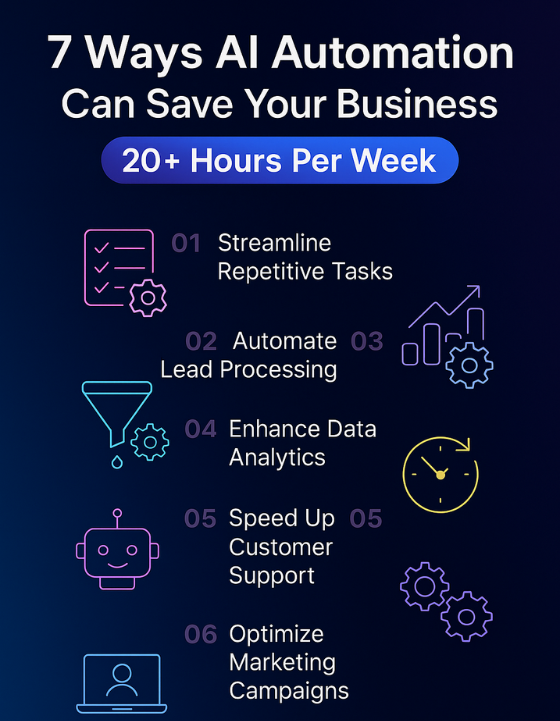
.jpg)
.jpg)
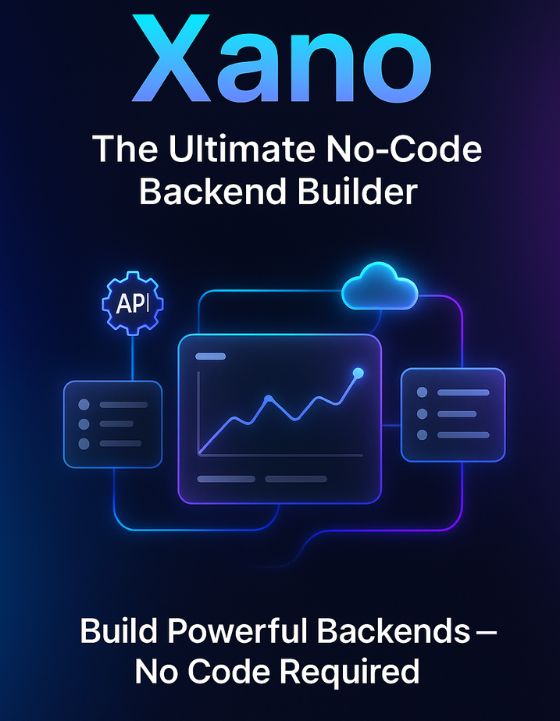
.png)

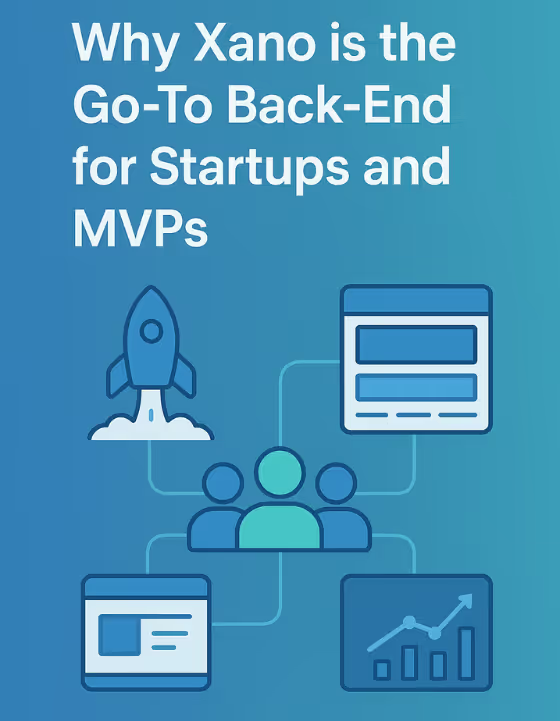



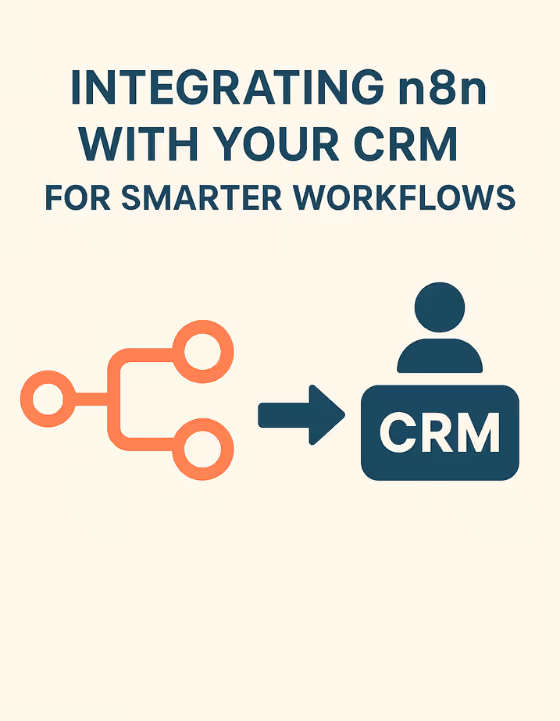
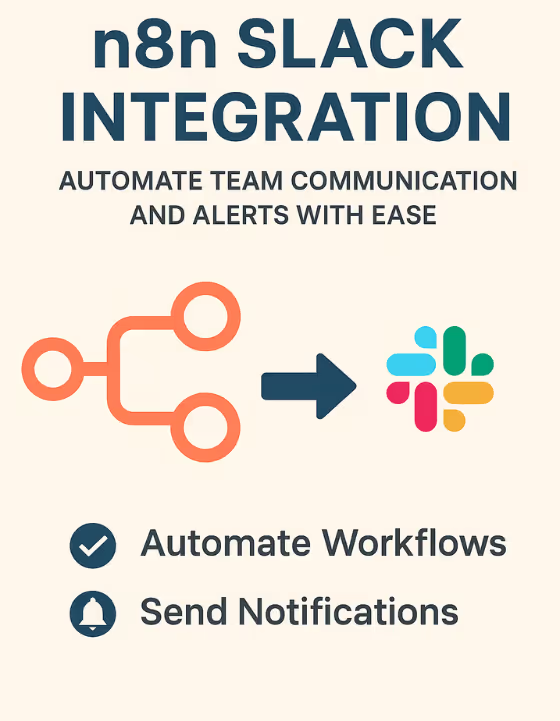














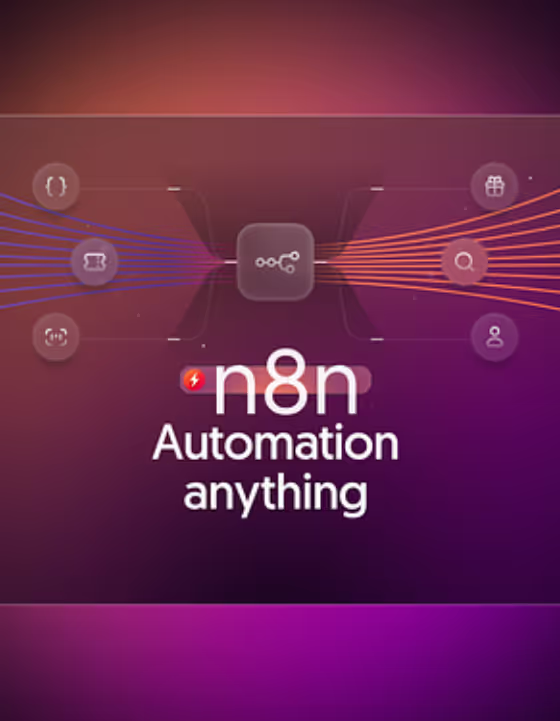


.avif)






















.avif)














.avif)

.webp)





